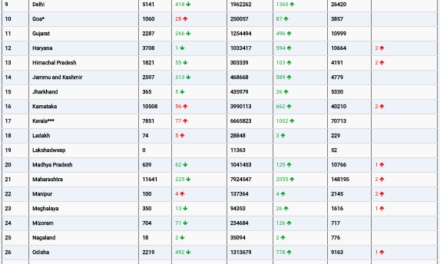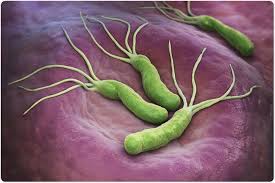A comprehensive review of studies led by researchers from the University of Southern California (USC) suggests that a combination of medication and psychosocial treatment can significantly benefit children with Attention Deficit Hyperactivity Disorder (ADHD), a neurodevelopmental disorder.
Published on Monday in two companion papers in the journal Pediatrics, the review examined over 23,000 publications on ADHD, aiming to identify the most effective diagnostic and treatment approaches for the condition.
Professor Susanne Hempel, from USC’s Keck School of Medicine, emphasized the importance of evidence-based information for parents, teachers, and healthcare providers. The review focused on robust studies to provide strong evidence statements regarding ADHD diagnosis and treatment.
Currently, ADHD diagnosis relies on various tools, including parent and teacher rating scales, patient self-reports, neuropsychological tests, EEG approaches, imaging, biomarkers, activity monitoring, and observation.
The review rigorously evaluated medications for ADHD, including stimulants and non-stimulants, alongside psychosocial interventions such as behavior modification. Additionally, non-drug treatments like cognitive training, neurofeedback, physical exercise, nutrition, supplements, parent support, and school interventions were analyzed.
Lead author Bradley Peterson, Director of the Institute for the Developing Mind at Children’s Hospital Los Angeles (CHLA), highlighted that medications have shown strong evidence not only in improving ADHD symptoms but also in addressing associated problems like oppositional and disruptive behaviors.
“The overarching takeaway: ADHD is treatable. There are lots of studies that can show us that children absolutely can get better,” remarked Hempel.
The findings from this review are expected to inform updates to the clinical practice guidelines for ADHD by the American Academy of Pediatrics (AAP). The review not only underscores the importance of evidence-based approaches but also sheds light on the multifaceted nature of ADHD treatment, emphasizing the need for tailored interventions to address the diverse needs of children with the disorder.











